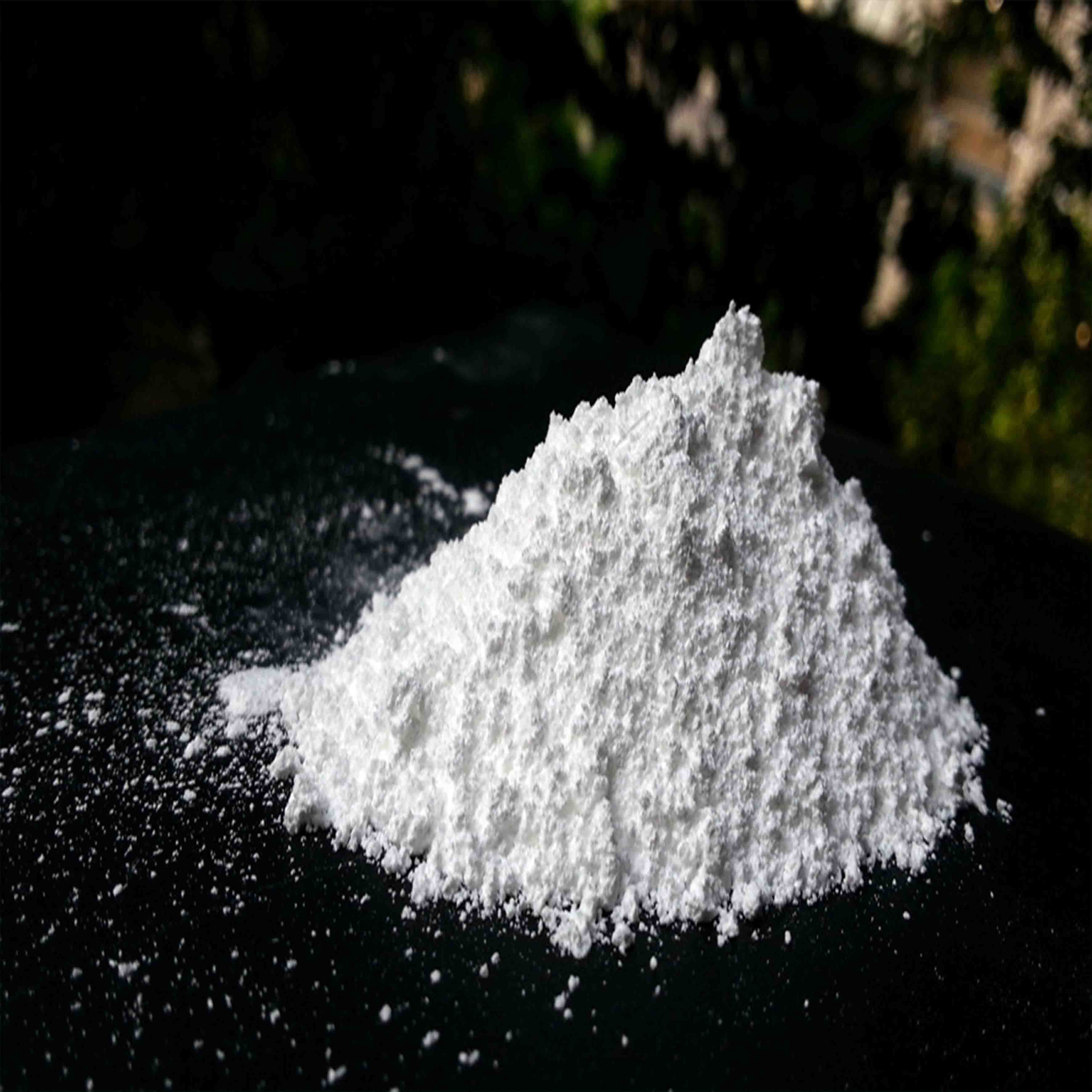...
2025-08-15 05:17
1560
...
2025-08-15 05:11
1039
...
2025-08-15 04:42
118
...
2025-08-15 04:38
2268
...
2025-08-15 04:36
2327
After beneficiation, the barium sulfate is then processed into superfine particles
...
2025-08-15 03:58
2852
...
2025-08-15 03:41
1882
...
2025-08-15 02:59
1041
...
2025-08-15 02:34
1735
...
2025-08-15 02:33
2251
